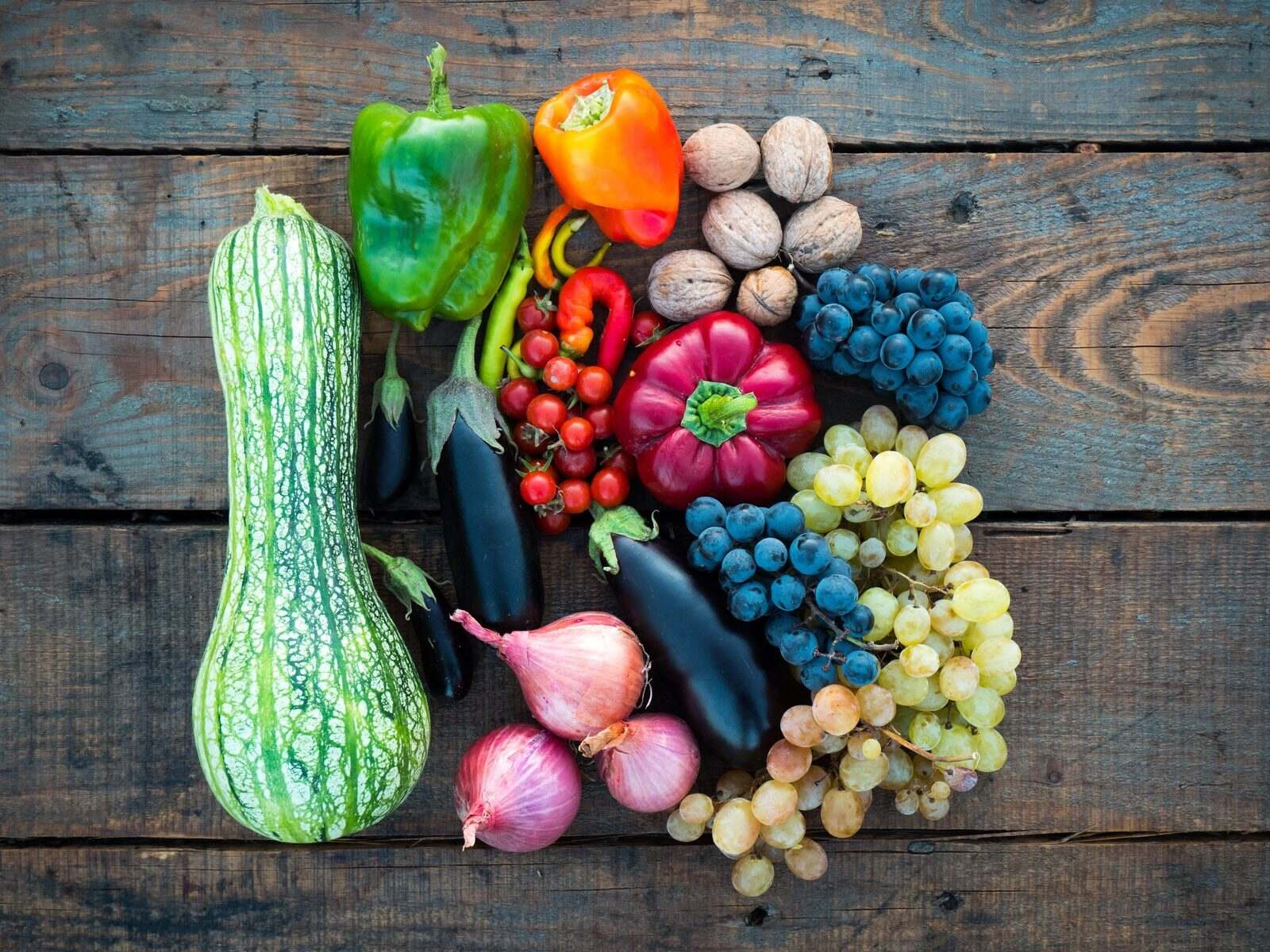
Flavonoids are natural compounds found in fruits, vegetables, and certain beverages like tea and wine. These powerful substances are known for their antioxidant properties, which help protect cells from damage. But what exactly makes flavonoids so special? Flavonoids can improve heart health, reduce inflammation, and even boost brain function. They come in various types, each with unique benefits. From quercetin in apples to catechins in green tea, these compounds are everywhere. Curious about how they work and where to find them? Let's dive into 25 fascinating facts about flavonoids that will change how you look at your diet.
Key Takeaways:
- Flavonoids, found in colorful fruits and veggies, can reduce inflammation, lower blood pressure, and boost the immune system. They're like the superheroes of the food world, fighting off bad stuff in our bodies!
- Flavonoids come in different types, like flavonols in onions and kale, and flavanones in citrus fruits. They not only make food colorful but also affect how it tastes, adding a hint of bitterness and astringency.
What Are Flavonoids?
Flavonoids are a group of natural substances with variable phenolic structures. They are found in fruits, vegetables, grains, bark, roots, stems, flowers, tea, and wine. These compounds are known for their beneficial effects on health.
- Flavonoids are a type of polyphenol, a class of compounds known for their antioxidant properties.
- There are over 6,000 types of flavonoids identified in nature.
- They are responsible for the vivid colors in many fruits and vegetables.
Health Benefits of Flavonoids
Flavonoids are not just about color; they play a significant role in human health. Here are some of their benefits:
- Flavonoids can help reduce inflammation in the body.
- They have been shown to lower blood pressure.
- These compounds can improve cardiovascular health by enhancing blood vessel function.
- Flavonoids may help prevent cancer by inhibiting the growth of cancer cells.
- They can boost the immune system, making it easier to fight off infections.
- Flavonoids have antiviral properties, which can help combat viruses.
- They can improve brain function and may reduce the risk of neurodegenerative diseases.
Sources of Flavonoids
Flavonoids are abundant in many foods and beverages. Here are some common sources:
- Citrus fruits like oranges, lemons, and grapefruits are rich in flavonoids.
- Berries such as blueberries, strawberries, and blackberries are excellent sources.
- Tea, especially green and black tea, contains high levels of flavonoids.
- Red wine is known for its flavonoid content, particularly resveratrol.
- Dark chocolate also contains flavonoids, making it a tasty way to get these compounds.
- Onions and kale are vegetables that are high in flavonoids.
- Soybeans and soy products are another good source.
Types of Flavonoids
Flavonoids are divided into several subclasses, each with unique properties:
- Flavonols are found in onions, kale, and broccoli.
- Flavones are present in parsley, thyme, and celery.
- Isoflavones are abundant in soy products.
- Flavanones are found in citrus fruits.
- Anthocyanins give berries their vibrant colors.
- Flavanols are present in tea, grapes, and apples.
Interesting Facts About Flavonoids
Flavonoids have some fascinating aspects that go beyond their health benefits:
The Final Scoop on Flavonoids
Flavonoids pack a punch when it comes to health benefits. These compounds, found in fruits, vegetables, and teas, can boost heart health, reduce inflammation, and even fight off certain cancers. They’re not just good for your body; they also add vibrant colors to your diet, making meals more appealing.
Including a variety of flavonoid-rich foods in your daily routine can improve overall well-being. Think berries, citrus fruits, onions, and dark chocolate. Simple swaps like green tea instead of soda or adding a handful of nuts to your salad can make a big difference.
Remember, balance is key. While flavonoids offer many perks, they work best as part of a balanced diet. So, next time you’re at the grocery store, load up on those colorful, flavonoid-packed foods. Your body will thank you!
Frequently Asked Questions
Was this page helpful?
Our commitment to delivering trustworthy and engaging content is at the heart of what we do. Each fact on our site is contributed by real users like you, bringing a wealth of diverse insights and information. To ensure the highest standards of accuracy and reliability, our dedicated editors meticulously review each submission. This process guarantees that the facts we share are not only fascinating but also credible. Trust in our commitment to quality and authenticity as you explore and learn with us.
